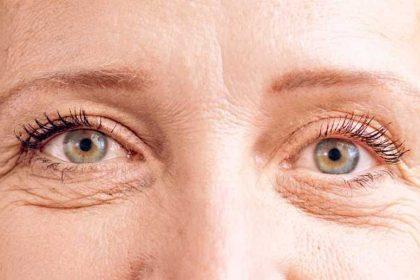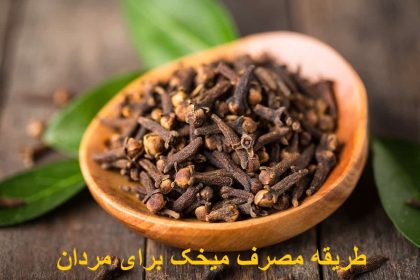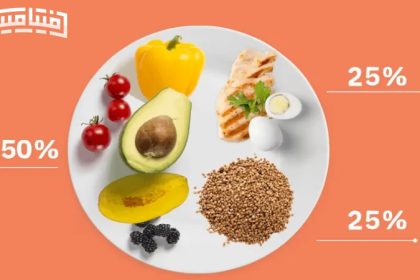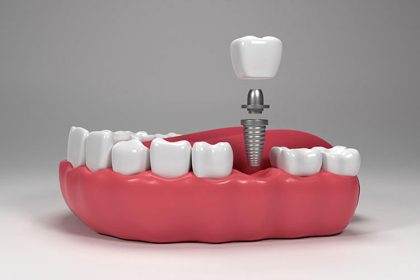We all know vitamin C, but what is the effect and role of vitamin C in sports and bodybuilding? This vitamin, which I usually remember with boiling pills, can also be useful for bodybuilding. But its effect is indirect. Read this article to learn about the various benefits of vitamin C in sports and for bodybuilders and to know the best food sources of this vitamin.
What is vitamin C?
Vitamin C (also known as ascorbic acid and ascorbate) is a water-soluble vitamin found in citrus fruits and most fruits and vegetables.
Vitamin C is an essential nutrient that plays a role in tissue repair, collagen formation, and enzymatic production of some neurotransmitters, and is required for the function of several enzymes. It is also important for the functioning of the immune system and acts as an antioxidant. It is interesting to know that humans cannot synthesize the vitamin C they need and must get it from food sources.
Why is vitamin C useful in sports and bodybuilding?
Vitamin C, which is famous for its antioxidant and immune-boosting properties, is undoubtedly one of the most widely used vitamins in the world, and many people, including athletes, take this vitamin.
Since the body cannot make or store vitamin C, regular intake of vitamin C is important to meet nutritional needs. This is especially important for athletes and women, as they lose vitamin C through sweat.
Regular physical activity significantly increases the body’s need for vitamin C. During exercise, the body produces harmful substances called free radicals. Since vitamin C is a powerful antioxidant, it helps neutralize damage caused by free radicals. Therefore, it is important to increase the consumption of vitamin C in sports. We read the 4 main and important benefits of vitamin C in sports and for athletes and bodybuilders.
Relieving athlete’s fatigue
Vitamin C plays a major role in the synthesis of neurotransmitters in the brain and nervous system. It also helps the energy metabolism and the normal functioning of the immune system. Therefore, this vitamin is very suitable and ideal for fighting temporary fatigue and restoring the vitality of the body!
Recovery after training session
Due to its antioxidant role, vitamin C strengthens the natural function of the immune system and protects muscle cells against free radical damage. It will also help in muscle recovery and growth.
Prevent muscle breakdown
Vitamin C helps absorb iron, which is needed to help bind oxygen to hemoglobin in the blood. Therefore, the use of vitamin C in exercise has a positive effect on the regulation of oxygen levels in muscle tissue and helps to strengthen the walls of blood capillaries in muscles.
The role of vitamin C in muscle repair and recovery is due to its strong antioxidant properties. Free radicals are always produced by intense and tiring exercise. Although free radicals in small amounts can be useful for the body, excessive amounts of free radicals cause a phenomenon called oxidative damage. But vitamin C is a strong antioxidant that helps muscles in these situations and neutralizes the effect of these free radicals.
Vitamin C is involved in the formation of collagen, which is an essential protein for maintaining and regenerating bones, skin, tendons, and muscles. Therefore, we can say that it supports the repair of different body tissues. This role is especially beneficial during and after exercise to reduce the risk of injury and prevent muscle breakdown.
Does vitamin C help muscle growth?
What is the relationship between vitamin C and bodybuilding? Vitamin C is an essential nutrient for various functions of the body, and as we explained above, the consumption of vitamin C is important in sports and for bodybuilders; But it does not directly stimulate muscle growth. Muscle growth primarily depends on factors such as protein intake, resistance training, and excess calorie intake, as well as other factors such as good recovery and hormonal balance.
However, vitamin C indirectly supports muscle growth; As we said earlier, vitamin C in sports can prevent injuries during sports and improve the athlete’s performance.
Also, intense exercise, especially resistance training, can produce oxidative free radicals that may damage muscle tissue, but adequate vitamin C intake can help reduce this damage.

Introduction of vitamin C sources Are fruits the only sources of vitamin C?
In addition to boiling tablets and vitamin C tablets, many fruits are a good source of vitamin C; But not only fruits; But other foods such as vegetables and some other protein sources (such as chicken) have vitamin C. In this section, we introduce the types of food sources that contain this vitamin.
cantaloupe
Cantaloupe is a rich source of vitamin C. In general, a medium cantaloupe contains approximately 202.6 mg of vitamin C.
Citrus family
Citrus fruits are very high in vitamin C. A medium orange has 70 mg of vitamin C, while a grapefruit has about 96 mg. Citrus juices contain higher amounts of vitamin C, and one cup of orange juice contains about 71 mg of vitamin C.
Broccoli
Surprisingly, one cup of broccoli has as much vitamin C as one orange. Broccoli is a good source of other vitamins and minerals such as calcium, iron, phosphorus, potassium, zinc, thiamin, niacin and folate.
Red cabbage
Red cabbage, which is also called purple cabbage, has high vitamin C and few calories. Half a cup of red cabbage has only 14 calories; But it provides us with approximately 30% of the recommended daily amount of vitamin C. It also has fiber and other vitamins.
Bell pepper
All types of peppers are low in calories and rich in nutrients including vitamin A, vitamin C, potassium, folate and fiber. Red bell pepper has approximately 8 times more beta-carotene and 1.5 times more vitamin C than green bell pepper.

The permissible amount of vitamin C in bodybuilding
Regular consumption of vitamin C in sports improves sports performance and achieves the sports goals of athletes and bodybuilders. Many athletes and bodybuilders include vitamin C in their daily routine in addition to other supplements, such as whey and amino acids.
For vigorous physical activity, the recommended dose is 1,000 mg to 2,000 mg per day. It is recommended to divide the daily dose into 2 or 3 doses per day.
Since vitamin C is soluble in water, there is no risk of taking too much of it; Because excess vitamin C is excreted through urine. However, excessive consumption of vitamin C can lead to side effects (diarrhea, bloating, muscle cramps). So it is important to listen to your body and increase your dose gradually.
When is the best time to take vitamin C? (before or after training)
What is the best time to take vitamin C in sports? Vitamin C is a water-soluble nutrient that is better absorbed when you take the supplement on an empty stomach. A good way is to take your supplement first thing in the morning, 30 to 45 minutes before a meal. If you plan to take your vitamin C pill later in the day, make sure there is a good gap between meals so that it is well absorbed.
Another way to meet your need is to have a vitamin C-rich diet that you can have throughout the day and that doesn’t require special timing, and you can consume these food sources before and after your workout.
final word
Vitamin C has an indirect effect on muscle growth and bodybuilding. This vitamin helps the athlete recover better and improves his performance in training, and also as a strong antioxidant, helps to neutralize the damage caused by free radicals during intense exercise. In this article, we talked about the effect of vitamin C in sports and bodybuilding and introduced the best food sources of vitamin C.
References: novoma – performancelab
RCO NEWS
RCO
















